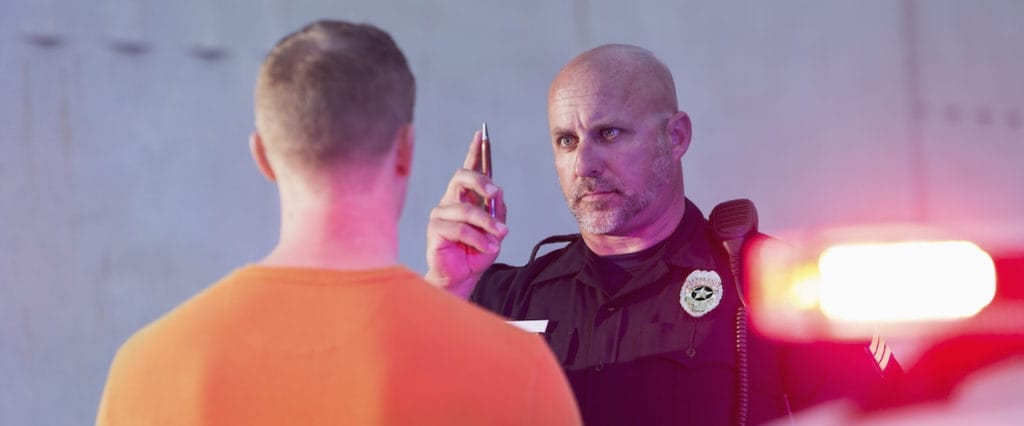Gloucester Police Chief Lenny Campanello recently announced that any addict surrendering drugs and paraphernalia to a police officer and requesting help would not be charged with a drug crime. The move is controversial and provocative and, the chief hopes, will start a conversation about drug addiction as a disease and the need for treatment. He also hopes it will lead to long-term changes in how addicts are treated as well as a reduction in overdose deaths.
Addiction and Overdose in Massachusetts
Addiction and overdose have become major problems for municipalities and regions around the country in recent years. Addiction rates surrounding prescription painkillers and heroin have soared. The disease of addiction is difficult to overcome, and treatment is not always available. Additionally, these drugs have caused many deaths by overdose. In Massachusetts alone in 2014, more than 1,000 people overdosed on opioid drugs in 2014. This is an increase of 33 percent from 2012 to 2014 and it has been worrying public health officials, politicians, law enforcement and the individuals impacted by these deaths. In Gloucester, the police department decided that in response to this troubling increase, drastic change was needed.
Gloucester Will Get Addicts Help
The new rules in Gloucester are expected to help many of those addicts who might otherwise be at serious risk for an overdose. Getting treatment for addiction is not always easy, especially when one is faced with the risk of being charged and incarcerated for possession. The new approach in Gloucester begins when an addict approaches any officer of the department and asks for help:
- An addict can reach out to the police department by walking into a station or approaching an officer on the street.
- The addict turns over any drugs and paraphernalia and asks for help for addiction.
- The department assigns that addict an “angel.” This is a volunteer who is on call and will immediately take the addict to an emergency room to be assessed and given any necessary medical treatment.
- The addict works with his angel to find and enroll in a treatment program.
- The department makes no arrest and tracks the progress of the addict in treatment.
The move by Gloucester’s police chief is one of the most extreme examples of the kinds of changes being made around the country to curb overdose deaths and to get addicts help instead of prison time. Chief Campanello explained that he wanted the police department to be a safe haven for addicts, not a place to avoid. He wants to change the way addicts think about police and get them needed treatment. Although Gloucester has made it official, which sends a powerful message to the public and to addicts, other nearby communities are making unofficial changes. Lowell police have been directed to help rather than arrest addicts. That department is also looking to train officers in mental health first aid. In Billerica, a substance abuse coordinator is working with officers to get addicts enrolled in treatment programs. The move to help addicts instead of arresting them sends a powerful message to the community: the problem of addiction won’t be solved with arrests. However, there could be some logistical problems. Finding enough beds in treatment facilities could quickly become a hurdle to getting addicts the help they need. In Gloucester, officials hope that their announcement will spur an increase in treatment opportunities.

